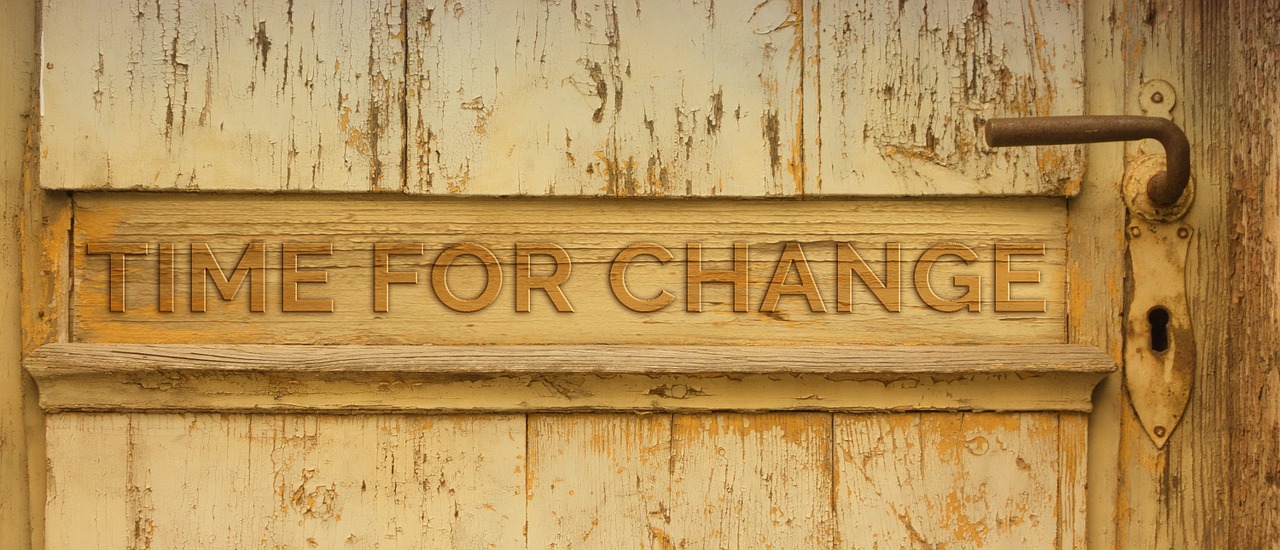This is a post I wrote especially for ProHealth’s Inspirational Corner and first appeared there about a month ago:
As part of my role as Inspirational Editor of the ProHealth Website I’ve been seeking out recovery stories to aim to inspire. Today I want to share my reflections on what seem to be the common denominators to the stories I’ve been reading, and my reflections on what gets in the way of more of us succeeding. Perhaps with an understanding of what gets in the way we can learn to knock down those obstacles?
What do people who recover have in common?
- Commitment to doing whatever it takes
One common denominator is that most of the people who have recovered have exhibited an incredible commitment to doing whatever it takes to recover. Recovery seems to require great dedication to routines, self-help practices like meditation and relaxation, diet and nutrition, sticking within the energy envelope (ME/CFS) appropriate movement (ME/CFS) or exercise (FM), tackling emotional obstacles, finding the right medical and complimentary health team etc. Although there seem to be many different routes to recovery, one factor that seems to be ubiquitous is an exceptionally high level of commitment. - Belief that it is possible or that the alternative is just unthinkable
One of the things that seems to drive this commitment is an unwavering belief that recovery is possible. For a few who weren’t quite so certain, there was a belief that the alternative was just not thinkable: a perception that continuing to live with the condition was just not possible. - Taking responsibility for deciding on an individualised program
Another thing that seems to be a common factor is that those who recovered tended to take charge of their own health and didn’t leave it solely up to a primary health care provider. If they were lucky they had a co-operative relationship with their health care provide but often they did not. They were all willing to make decisions about what would be the most appropriate thing for them to try next taking into account their experience at the time. Some were intuitive in their approach to what was right for them, others took a more scientific approach aiming to understand their bodies better in the context of what’s understood about their illness. All made decisions about what seemed right to them. - Commitment to a regular practise that calms the nervous system
Just about everybody had a high commitment to a regular practise that helped them calm their nervous system, be it breathing, relaxation, meditation, visualisation, yoga, NLP, self-hypnosis, prayer or another kind of spiritual practise. It wasn’t just that they did these things, but that they did them consistently and regularly!
So what gets in our way?
- Doubt
I think the number one thing that gets in our way is not believing strongly enough that we can recover. Clearly, there is enough evidence of people not recovering to fuel that doubt. But the thing is, we can find evidence for whatever we choose to believe so isn’t it better to choose to believe something that could really help us?; Something that could make a dramatic difference to our lives?
Doubt takes many forms. It might not just be a core belief that recovery isn’t possible it can be much more subtle than that. For example I do believe that recovery is possible, I’m lucky enough to have really strong evidence of that from personal experience! But my biggest failing at the moment is being as strict as I need to be with a very difficult diet that could make all the difference to my wellbeing. In support of the side of me that finds the diet extremely difficult I have a gremlin of doubt that says I’m not that certain that this is going to be what it takes, what if it isn’t going to be enough? What if I’m going down the wrong path? This is something I definitely still need to work on! What could strengthen your belief in your own recovery? What obstacles of doubt do you need to overcome in order to make that full commitment to the practises that will help your recovery? - Not being able to say ‘No’
I think the next biggest challenge we face is saying ‘No’ to the requests of others. Often these requests have no consideration for our recovery needs, either through lack of understanding or sometimes through outright selfishness. Putting our recovery needs first when it comes to external demands takes a huge commitment. We need to be able to say no to things even when they are things we think we really want to do! We need to believe that we are as important as others and that by putting our well-being first we will have more to give in the long run. We need to be able to assertively communicate our needs. We need to be committed to educating those around us about what it takes to deal with chronic illness and we need to be willing to let go of those who refuse to understand or who consistently put their own need above our recovery needs. What will help you say no to external demands that conflict with your recovery? - Not paying enough attention to individual experience
Life is often so dictated by meeting the expectations of others that it’s not unusual to lose touch with a sense of what is right for you as an individual, and to always look outwards for answers. When it comes to decisions about our own health and wellbeing we need to learn to listen to ourselves ahead of what other people think. We need to be able to listen to our own bodies’ messages and decide for our self what fits, whether that’s through instinct or careful recording and inductive reasoning. Nobody else has access to the full range of our unique individual experience; nobody else has enough of the picture to be able to make those decisions for us. Are you in charge of your journey to recovery? What would it take for you to take that control? - The difficult balance between the future and the now
Another difficulty is that recovery is often a long and difficult process with many ups and downs. An important part of recovery is also learning how to be happy and relaxed in the here and now. It can be really difficult to balance a commitment to a better future with an enjoyment of the now. If you put everything into being better in the future life and forget the now, motivation is difficult to maintain. But if you get too good at making the most of the here and now it becomes easy to loosen your commitment to the self-help disciplines which could help move you forward. How well do you balance your commitment to recovery with the enjoyment of the here and now? - Lack of support
Having appropriate support can make all the difference. We’re all human, and we all get tempted to ignore our body’s messages or to give up on our routines. Having people around you who will encourage you to stand by your commitment is an incredibly valuable gift. And we all need to be listened to and understood. Often we have to nurture this kind of support: choosing to spend time with people who are most likely to offer it; spending less time with people who chose not to understand; educating those close to us so that they can be clear about our needs; seeking out a healing ally, or the understanding of others going through the same thing. How could you nurture a better support system? - Not being well enough to make the first steps
Recovery is usually made in small steps, each based upon the previous one. There are many people with chronic illness who are just not well enough to take the first step. For those who need medical intervention in order to reach a level where they have sufficient personal resources to continue the journey to recovery we need understanding medics and advances in science!
Could any of these obstacles be getting in the way for you? How will you knock them down?
A small favour: I’d be really grateful if you could you rate this article using the stars below the related posts. Many thanks!





